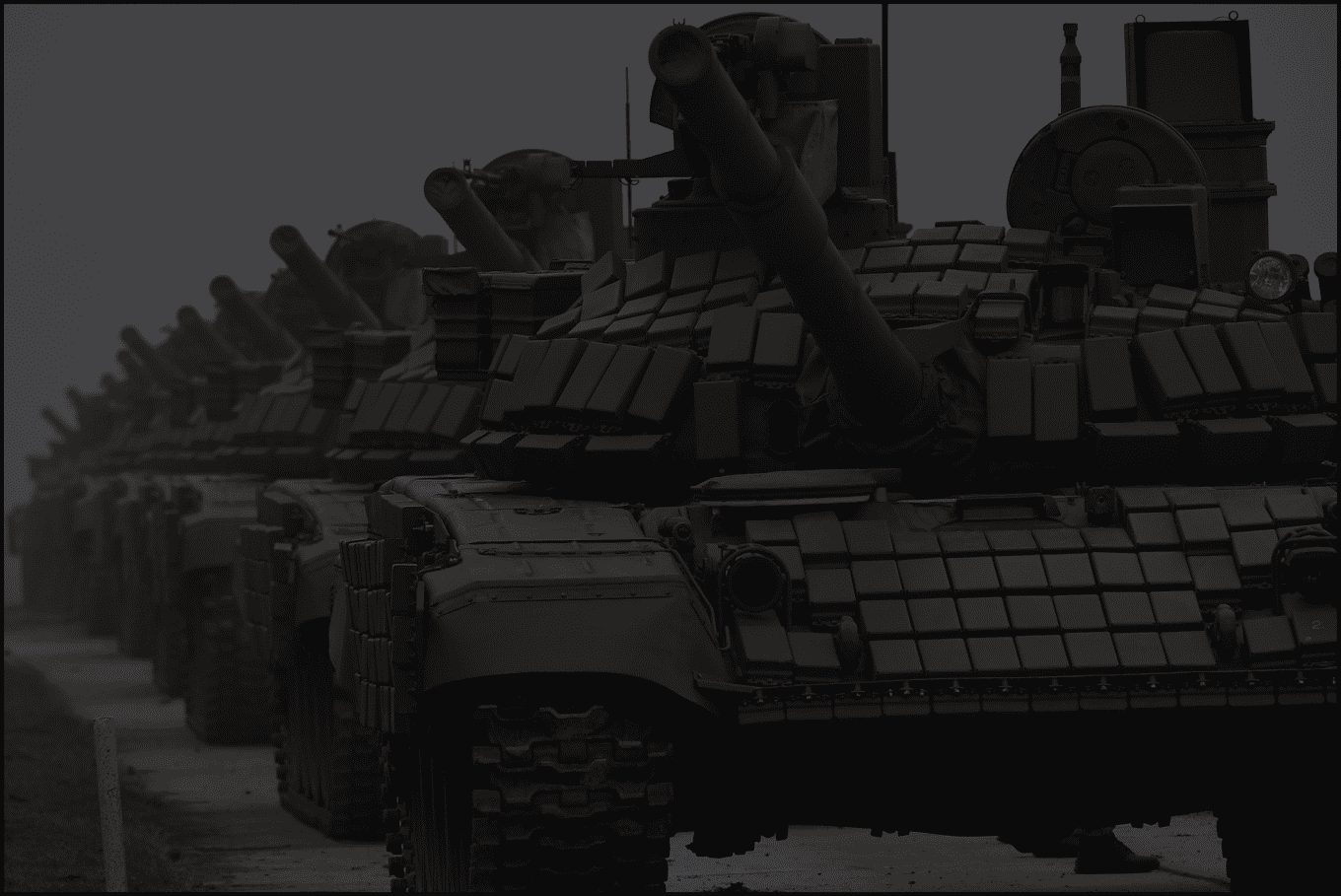As of March 31, 2025, Switzerland has frozen 7.4 billion Swiss francs ($8.4 billion) in Russian assets under sanctions linked to the Ukraine conflict, marking a 28% annual increase from 5.8 billion francs in 2024. This includes financial holdings, 14 properties across six cantons, luxury vehicles, aircraft, artworks, and musical instruments. The assets belong to 1,859 individuals and 541 entities on Switzerland’s sanctions list, though the majority of Russian-linked funds in Swiss banks (~$48 billion) remain unaffected.
Key Findings
1. Asset Composition and Trends
- Central Bank Reserves: Immobilized Russian Central Bank assets total 7.45 billion francs ($8.1 billion), separate from frozen private assets.
- Yearly Surge: The 1.6 billion franc increase stems from newly identified assets, including 1.65 billion tied to a criminal probe into sanctions evasion and money laundering.
- Volatility: Frozen assets fell to 5.8 billion francs in 2023 due to securities devaluation but rebounded with stricter enforcement.
2. Legal and Enforcement Challenges
- Constitutional Conflicts: Switzerland initially deemed asset confiscation unconstitutional[4][8], but parliamentary measures in March 2024 opened pathways to redirect funds to Ukraine. Legal frameworks remain under development, pending EU alignment.
- Court Precedents: At least one Russian oligarch successfully contested asset freezes, exposing vulnerabilities in sanctions enforcement.
3. Financial Sector Impact
- Deposit Declines: Reportable Russian deposits in Swiss banks plummeted from 46.3 billion francs (2022) to 12.9 billion (2024), suggesting capital flight to non-sanctioning jurisdictions.
- Sanctions Evasion: Over 600 suspected violations prompted 68 investigations and 24 convictions.
Critical Analysis
| Aspect | Detail |
|---|---|
| Legal Ambiguity | Confiscation relies on unratified international mechanisms, risking constitutional challenges. |
| Selective Targeting | Only ~15% of Russian-linked assets in Switzerland are frozen, raising efficacy questions. |
| Geopolitical Risks | Switzerland’s alignment with EU sanctions strains its neutrality reputation. |
Broader Implications
- Market Precedent: Large-scale asset freezes without ratified legal frameworks could deter foreign capital inflows over sovereignty concerns.
- Enforcement Gaps: Luxury item seizures (e.g., artworks, cars) highlight symbolic rather than economically impactful measures.
The Swiss approach reflects balancing EU alignment with constitutional safeguards, yet the lack of a clear legal pathway for permanent asset redistribution undermines deterrence. With 7.45 billion francs in immobilized central bank reserves, pressure mounts for Bern to formalize mechanisms supporting Ukraine’s reconstruction.





